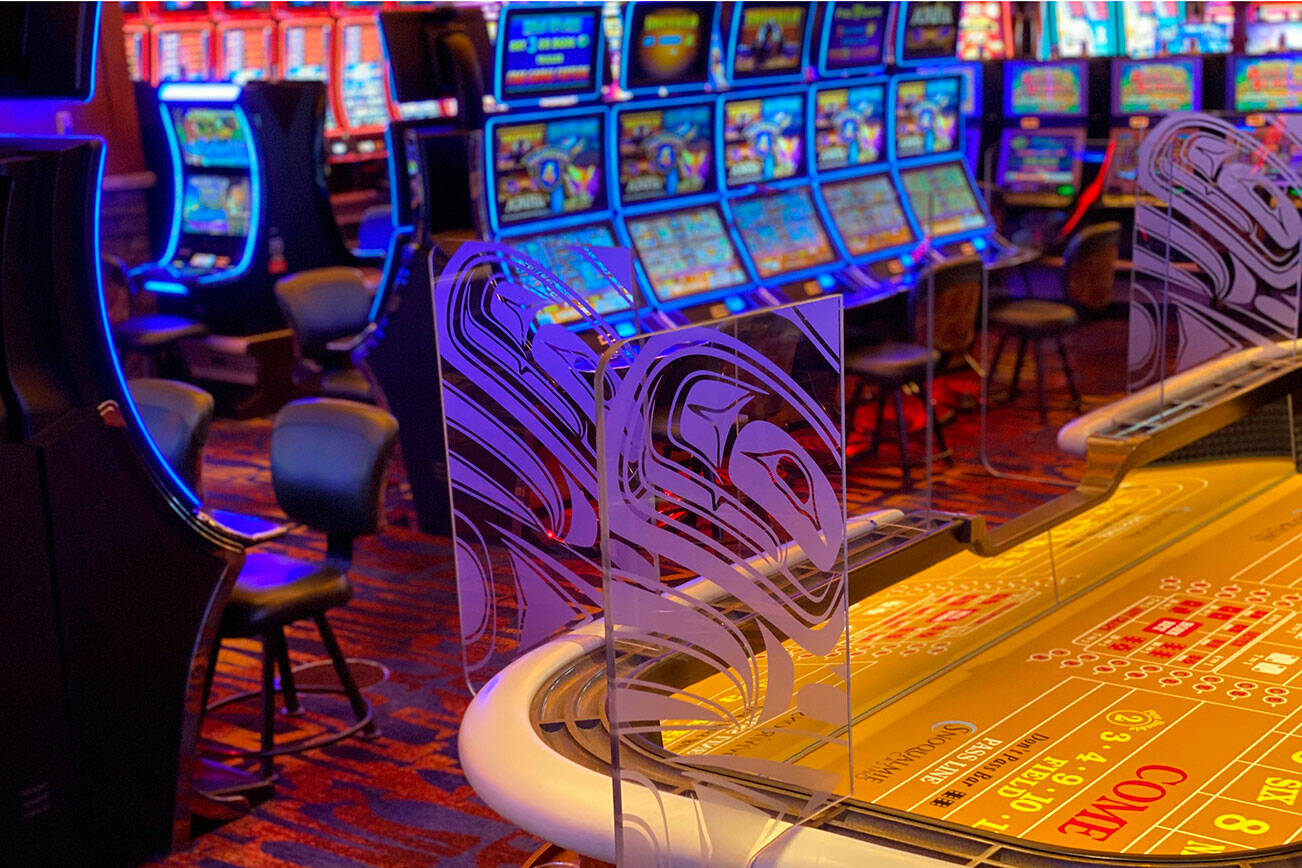Maverick Gaming, a gaming and gambling entertainment company headquartered in Kirkland, filed litigation in the U.S. District Court for the District of Columbia, challenging what they are calling an “erroneous” application of the Indian Gaming Regulatory Act.
Maverick Gaming claims the Indian Gaming Regulatory Act is being used inappropriately to give tribes exclusive rights to certain types of gaming, such as sports betting, that are not allowed in non-tribal gaming properties in Washington.
“We support and respect tribal equality and sovereignty,” said Eric Persson, CEO and co-founder of Maverick Gaming. “I am hopeful that this lawsuit will resolve successfully so that tribal casinos and smaller commercial cardrooms like those owned by Maverick Gaming may offer the same types of legal gaming, such as sports betting, just like commercial cardrooms and tribal casinos already offer in other states.”
Maverick Gaming is represented by Gibson Dunn, retaining a legal team led by Theodore B. Olson, Matthew D. McGill and Lochlan F. Shelfer. Among other relevant experiences held by Maverick Gaming’s legal representatives, Olson successfully represented the State of New Jersey in Murphy v. NCAA, where the U.S. Supreme Court made the ruling in 2018 that allowed for individual states to create legal, regulated and taxed sports betting marketplaces.
“The Indian Gaming Regulatory Act was intended to guarantee parity between tribal and non-tribal gaming, but unfortunately Washington state is misusing the Indian Gaming Regulatory Act to instead create tribal monopolies on certain types of gaming, such as sports betting,” said Theodore B. Olson, partner at Gibson Dunn. “Contrary to the Indian Gaming Regulatory Act’s own words, the law is being used to insulate tribes in Washington state from competition that exists in many other states with legal gaming marketplaces.”
In Washington state, commercial cardrooms are restricted to offering 15 tables maximum for house-banked card games. There are currently 44 licensed card rooms in Washington state and the average cardroom is much smaller than the destination tribal properties in the state.
Maverick Gaming owns and operates 19 cardrooms in Washington state, but represents only a tiny footprint of the legal, regulated gaming marketplace in the state as measured by revenue.


